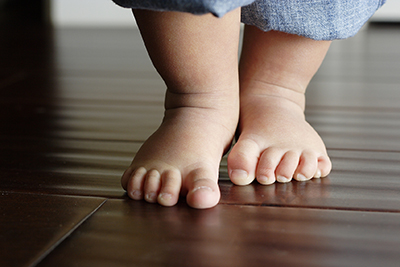
It refers to individuals with toes pointed inwards when walking or standing. Common in children under age two who are developing posture and balance, it may involve one or both feet. It can be triggered by one of more of the following factors:
A common foot deformity noted at birth that causes the front half of the foot, or forefoot, to turn inward.
An inward twisting of the shin bones (the bones that are located between the knee and the ankle).
Children with in-toe caused by internal tibial torsion tend to trip easily.
An inward twisting of the thigh bone (known as the femur, the bone located between the hip and knee).
There is a greater-than-normal bend in the upper leg causing inward rotation.
It is typically detected between ages 4 to 6, as a result of stiff hip muscles due to the position of the baby in the uterus.

In-toe has a tendency to run in families. It can also be related to existing medical problems such as cerebral palsy. It usually self-corrects without the need for medical intervention.
However, if in-toeing is severe and involve leg and hip rotation, and isn’t improving by the age of two, it may be appropriate to seek medical advice from a paediatrician or a certified orthotist.
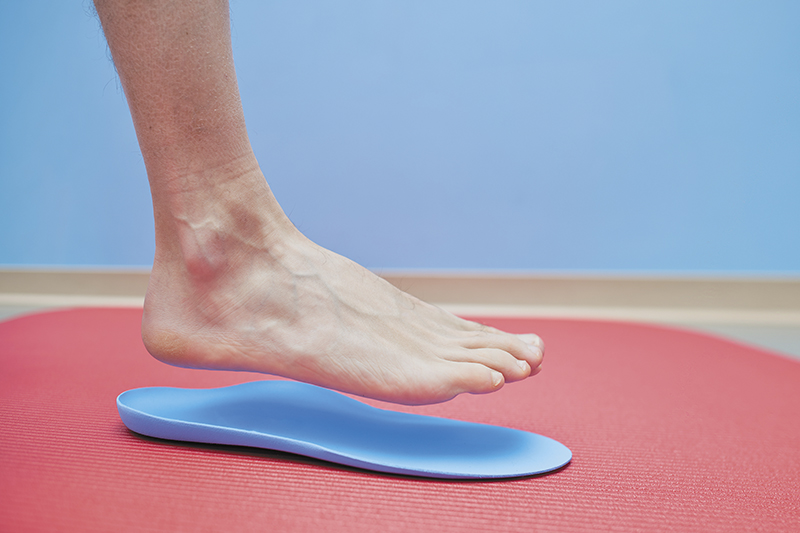
Customized in-toe gait biomechanical insoles are designed to restrict in-toeing from rotational deformities of the foot (metatarsus adductus), altering the break of the ball of the foot during propulsion to encourage realignment of the hip.
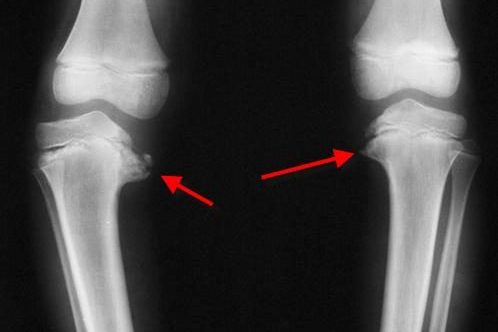
Blount’s Disease (BD) refers to a growth disorder of the shin bone (tibia) that causes the lower leg to angle inward.
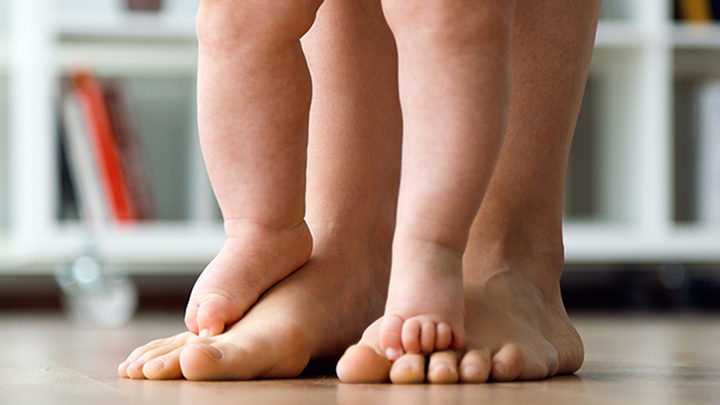
It is most common in children under age two who are developing posture and balance, and may involve one or both feet.
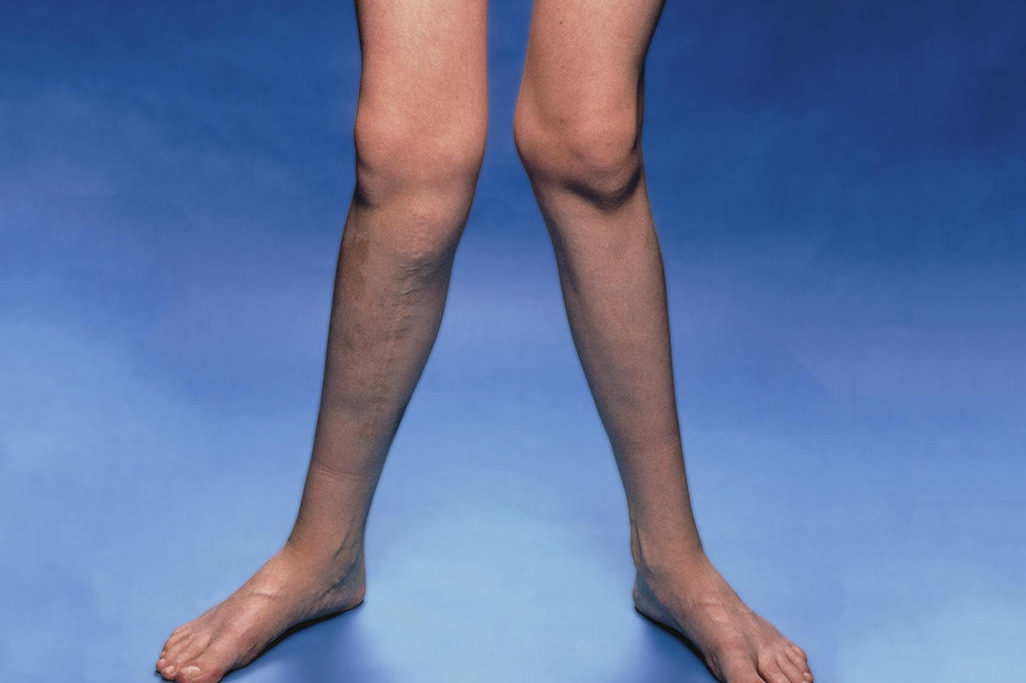
A condition where the knees angle in and touch one another when legs are stretched and straightened.
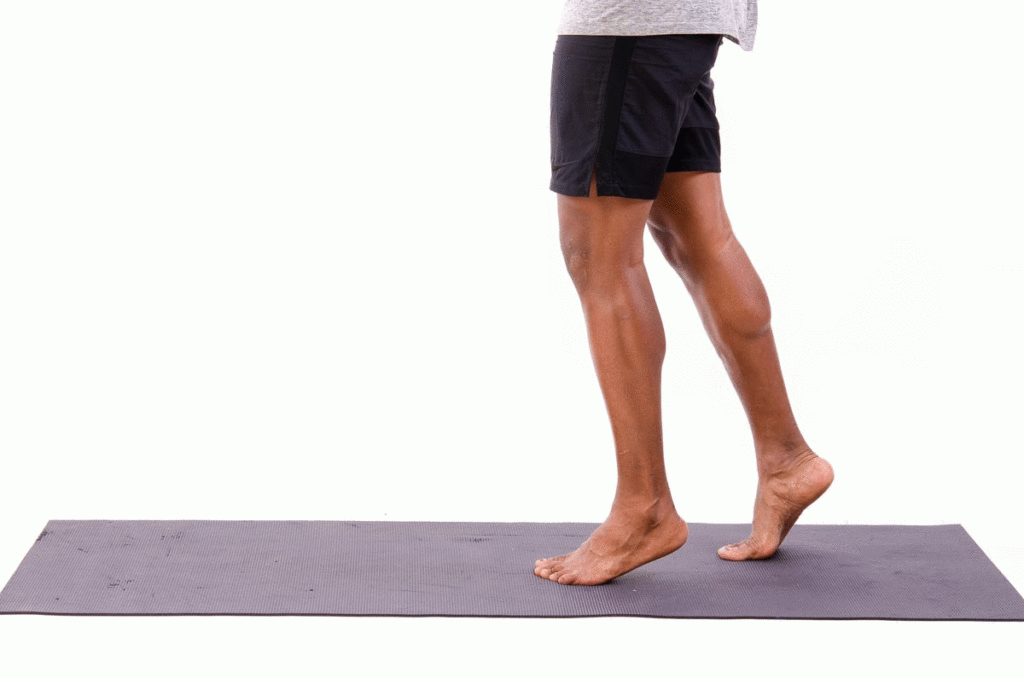
It is a type of gait abnormality in which a child loses the right contact with the ground, commonly seen in toddlers.